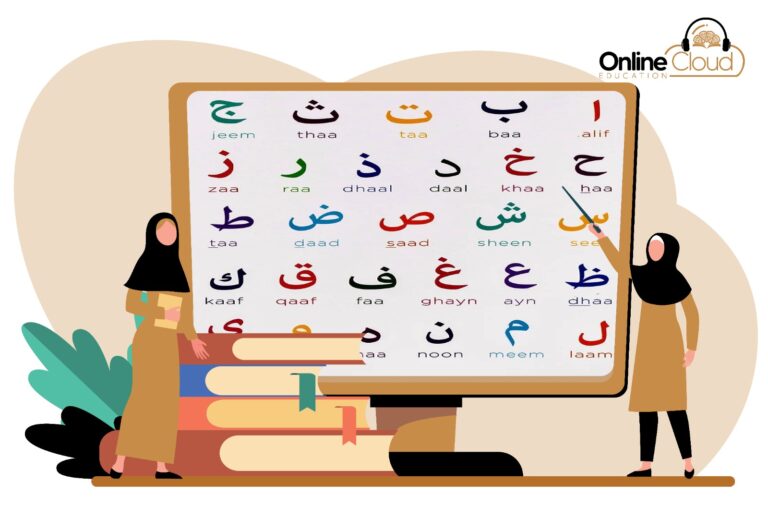So, here we are, diving into one of the most profound and powerful phrases in Islamic tradition: Bismillah. You’ve probably heard it before, whether in conversations, prayers, or even at the start of a meal. But what does Bismillah really mean? Is it just a phrase we say out of habit, or does it carry deeper significance? Let’s explore this together, because trust me, by the end of this article, you’ll have a whole new appreciation for these three simple words.
At its core, Bismillah is more than just a religious expression. It’s a declaration, a statement of faith, and a reminder of the presence of God in every aspect of life. In this article, we’ll break down its meaning, historical context, and why it holds such immense power for billions of people around the world. Whether you’re familiar with the term or hearing it for the first time, this article is for you.
Before we jump into the nitty-gritty, let me assure you that this isn’t just a dry academic explanation. We’ll make it engaging, relatable, and packed with insights that will resonate with you on a personal level. So, buckle up, grab your favorite drink, and let’s get started!
Read also:Crazy Jam Jam The Ultimate Guide To Unleashing Your Inner Madness
Understanding the Basics: What Does Bismillah Mean?
Let’s start with the basics, shall we? Bismillah is an Arabic phrase that translates to “In the name of Allah.” It’s a phrase that Muslims use to invoke the name of God before starting any significant action, from eating and praying to signing contracts or even launching a business. But it’s not just about saying the words—it’s about the intention behind them.
When you say Bismillah, you’re acknowledging that everything you do is done with the blessings of God. It’s like saying, “Hey, Universe, I’m doing this in Your name, so guide me and protect me.” This simple phrase serves as a reminder that our actions are never truly ours alone; they’re part of a larger plan orchestrated by the Creator.
Breaking Down the Phrase
Now, let’s break it down word by word. Bismillah consists of three parts:
- Bismi: In the name of
- llah: Allah (God)
So, when you put it all together, you get “In the name of Allah.” Easy, right? But don’t let its simplicity fool you. These three words carry a weight that’s hard to fully grasp unless you dive deeper into their significance.
The Historical Context of Bismillah
To truly understand what Bismillah means, we need to look at its historical roots. The phrase appears in the Quran, the holy book of Islam, at the beginning of every chapter (except one). This isn’t just a random placement—it’s a deliberate choice to emphasize the importance of invoking God’s name in all aspects of life.
Historically, Bismillah has been used by Muslims for centuries as a way to seek divine guidance and protection. From the earliest days of Islam, it was seen as a tool for grounding oneself in faith and reminding oneself of the ultimate purpose of life.
Read also:Howls Moving Castle Calcifer The Heart Of The Enchanted Story
Why Is Bismillah So Important in Islam?
In Islam, Bismillah is more than just a phrase—it’s a practice. It’s a way of life that encourages mindfulness and gratitude. By starting every action with Bismillah, Muslims are reminded to seek God’s blessings and guidance in everything they do. This practice helps cultivate a sense of humility and reliance on the divine, which is central to the Islamic faith.
Think about it this way: when you start your day with Bismillah, you’re setting the tone for everything that follows. You’re acknowledging that your success, failure, and everything in between are all part of God’s plan. That’s powerful stuff, right?
Exploring the Spiritual Significance of Bismillah
Now, let’s talk about the spiritual side of things. Bismillah isn’t just about saying a few words—it’s about connecting with the divine. When you say Bismillah, you’re creating a sacred space, a moment of pause where you can reflect on your intentions and seek guidance from the Creator.
For many Muslims, Bismillah is a source of comfort and strength. It’s a reminder that no matter how tough things get, there’s always a higher power watching over you. This spiritual connection can be incredibly empowering, especially during challenging times.
The Power of Invocation
Invocation is a powerful tool in many spiritual traditions, and Bismillah is no exception. By invoking the name of God, you’re tapping into a source of energy and wisdom that transcends the material world. This practice can help you stay grounded, focused, and connected to your inner self.
Think of it like this: every time you say Bismillah, you’re lighting a little spark of divinity within yourself. That spark may seem small, but over time, it can grow into a flame that illuminates your path and guides your actions.
How to Incorporate Bismillah into Your Daily Life
So, how can you start incorporating Bismillah into your daily routine? It’s actually pretty simple. Whenever you’re about to do something important—whether it’s starting a new project, taking a test, or even cooking dinner—say Bismillah. It’s a quick and easy way to remind yourself of the bigger picture and seek divine guidance.
Here are a few practical tips:
- Say Bismillah before you eat or drink.
- Use it as a prayer before starting any significant task.
- Make it a habit to say Bismillah whenever you feel stressed or anxious.
Remember, the key is consistency. The more you practice saying Bismillah with intention, the more it will become a natural part of your life.
Benefits of Saying Bismillah Regularly
There are countless benefits to incorporating Bismillah into your daily routine. Here are just a few:
- Increased mindfulness: By saying Bismillah, you’re forced to pause and reflect on your actions, which can help you stay present and focused.
- Improved gratitude: Acknowledging God’s blessings can help you cultivate a sense of gratitude for the good things in your life.
- Enhanced spiritual connection: Regularly invoking God’s name can strengthen your spiritual bond and provide a sense of peace and purpose.
Common Misconceptions About Bismillah
Like any spiritual practice, there are misconceptions surrounding Bismillah. Some people think it’s just a ritual or a formality, but that couldn’t be further from the truth. Bismillah is a powerful tool for spiritual growth and self-reflection.
Another common misconception is that Bismillah is only for Muslims. While it’s true that Bismillah is a central part of Islamic tradition, its message of gratitude and mindfulness can resonate with people of all faiths and backgrounds.
Clearing the Air
To help clear up any confusion, here are a few key points:
- Bismillah is not just a ritual—it’s a practice that encourages mindfulness and gratitude.
- It’s not limited to Muslims; anyone can benefit from its message of divine guidance and protection.
- Saying Bismillah doesn’t have to be complicated—it’s as simple as acknowledging the presence of God in your life.
Scientific Perspectives on the Power of Invocation
While Bismillah is deeply rooted in spirituality, there’s also a scientific perspective to consider. Studies have shown that practices like prayer and meditation can have a positive impact on mental health and well-being. By invoking God’s name through Bismillah, you’re engaging in a form of mindfulness that can reduce stress, improve focus, and enhance overall happiness.
Research has also shown that practices like Bismillah can help cultivate a sense of purpose and meaning in life. When you feel connected to something greater than yourself, you’re more likely to experience a sense of fulfillment and contentment.
The Science of Mindfulness
Mindfulness is all about being present and aware of your thoughts and actions. By saying Bismillah, you’re forcing yourself to pause and reflect on what you’re about to do. This practice can help you stay grounded and focused, which is especially important in today’s fast-paced world.
Conclusion: Embrace the Power of Bismillah
So, there you have it—a deep dive into the meaning, significance, and power of Bismillah. Whether you’re a lifelong practitioner or just curious about its meaning, I hope this article has given you a new appreciation for these three simple words.
Remember, Bismillah isn’t just about saying a phrase—it’s about cultivating a mindset of gratitude, mindfulness, and spiritual connection. By incorporating Bismillah into your daily routine, you can transform your life in meaningful ways.
Now, here’s the call to action: take a moment to reflect on how you can incorporate Bismillah into your life. Whether it’s before meals, during prayers, or at the start of a new project, make it a habit to say Bismillah with intention. And don’t forget to share this article with your friends and family—it’s always better to spread knowledge and positivity!
Table of Contents
- Understanding the Basics: What Does Bismillah Mean?
- The Historical Context of Bismillah
- Exploring the Spiritual Significance of Bismillah
- How to Incorporate Bismillah into Your Daily Life
- Common Misconceptions About Bismillah
- Scientific Perspectives on the Power of Invocation
- Conclusion: Embrace the Power of Bismillah


